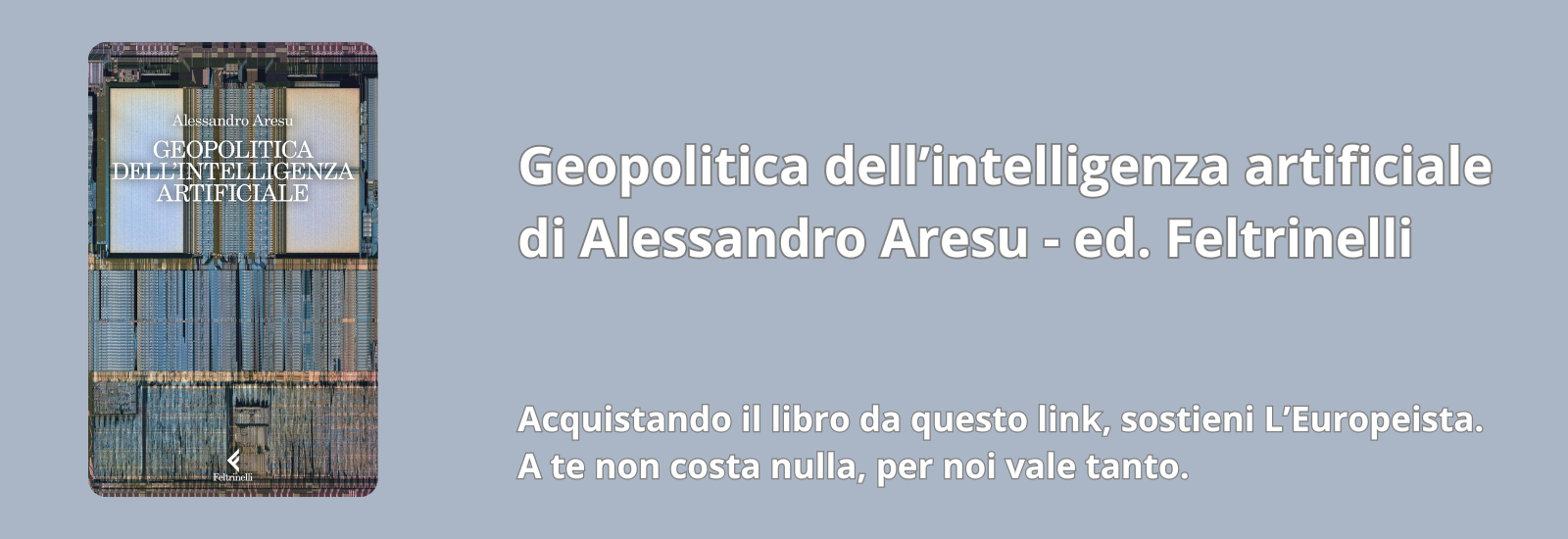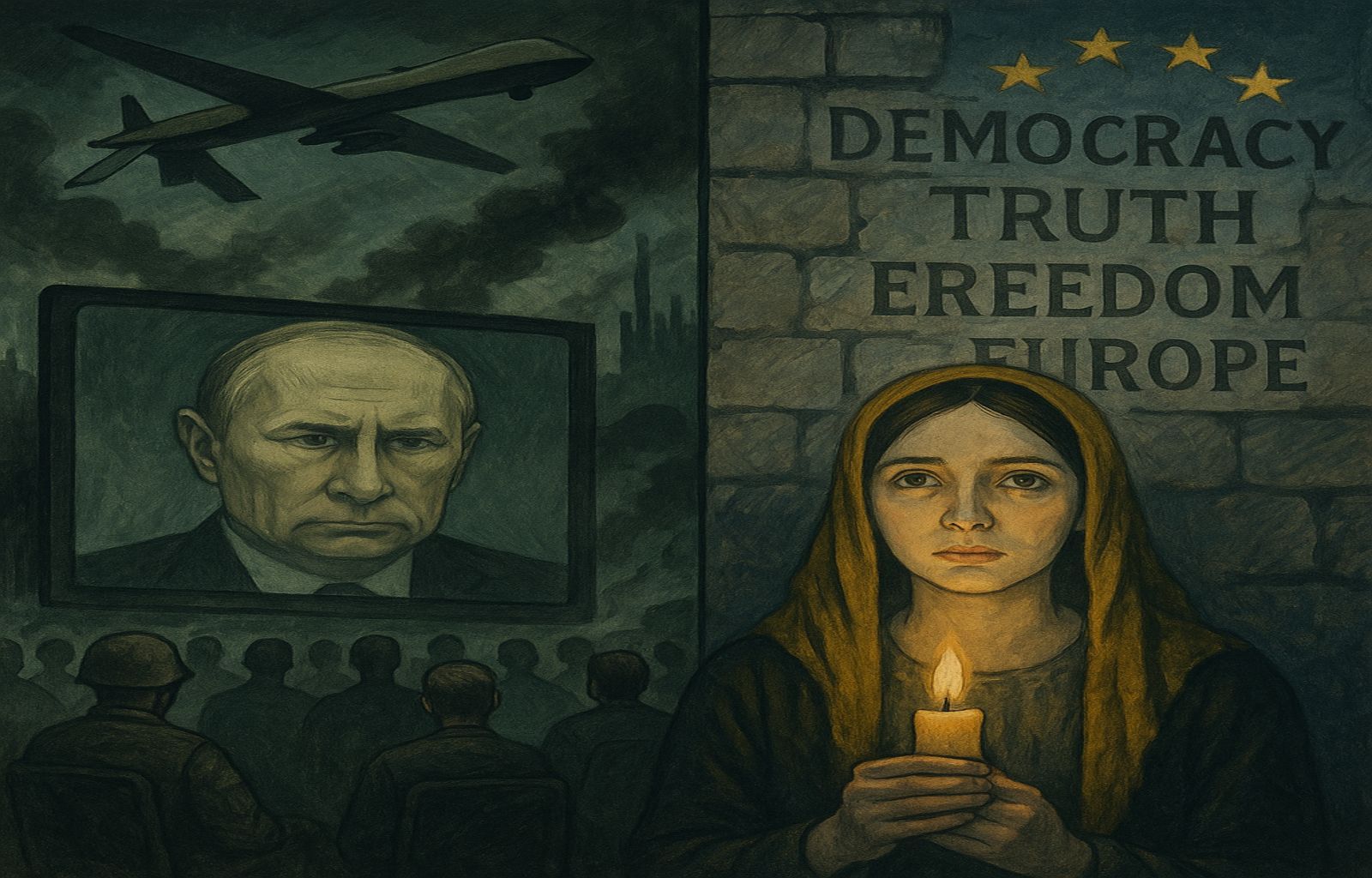EU strengthens cyber defences: application of international law to cyberspace approved

On 18 November 2024, the Council of the European Union approved a declaration that marks a fundamental step towards a common understanding of the application of international law to cyberspace. This document emphasises that international law remains valid and effective even in an ever-evolving digital domain, reaffirming that states must abide by clear rules and obligations during their activities in cyberspace.
Cyberspace: an increasingly complex challenge
The declaration recognises that malicious behaviour, such as ransomware attacks, is increasing in scale, severity and impact, posing a significant threat to European societies, economies and our way of life. However, cyberspace cannot be regarded as lawless territory: the principles of international law continue to be the pillar on which global security and stability is based.
The importance of international law in cyberspace
The European Union and its Member States reaffirm their full commitment to the UN Framework on Responsible State Behaviour in Cyberspace, unanimously adopted by the UN General Assembly. This framework reaffirms that international law, in particular the UN Charter, international human rights law and international humanitarian law, also apply in full to cyberspace.

A permanent mechanism for cyberspace
With this declaration, the European Union and its member states show that it is possible to reach a common understanding on the basic principles and rules of international law applicable to cyberspace. The aim is to strengthen global resilience and promote transparency, predictability and accountability in the behaviour of states in the digital domain.
Sovereignty and self-defence in cyberspace
The declaration includes a number of fundamental legal elements, such as respect for state sovereignty and the principle of non-intervention. Furthermore, it reaffirms that a state affected by a cyber operation constituting an armed attack may invoke the inherent right of self-defence as provided for in Article 51 of the UN Charter.












